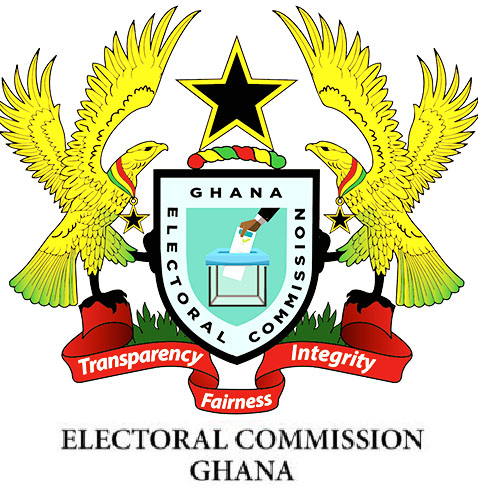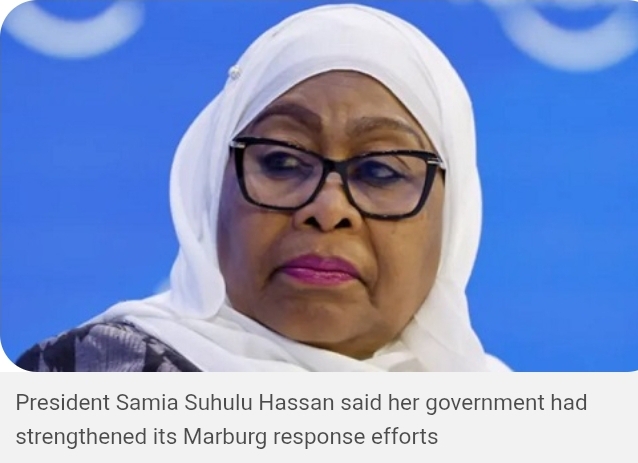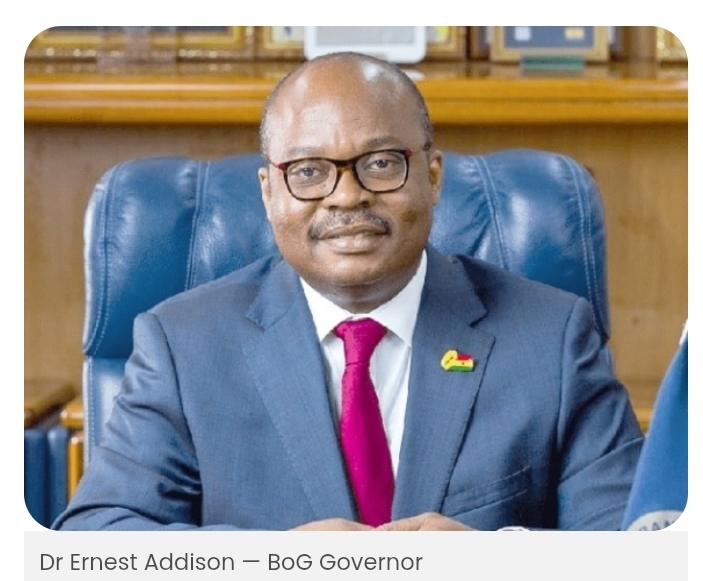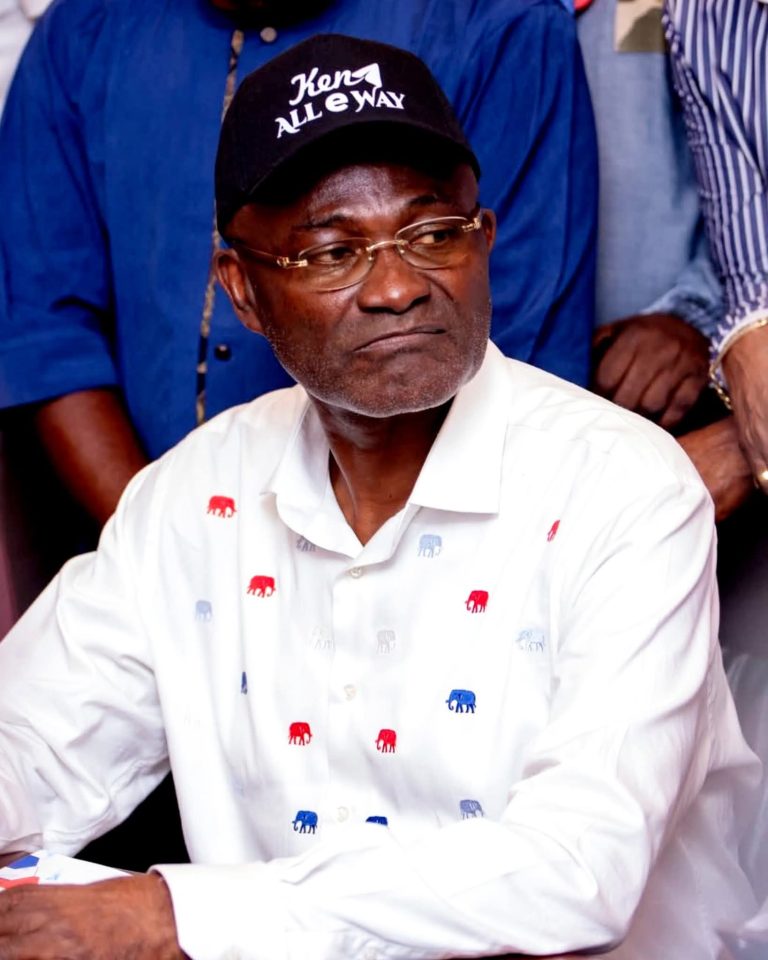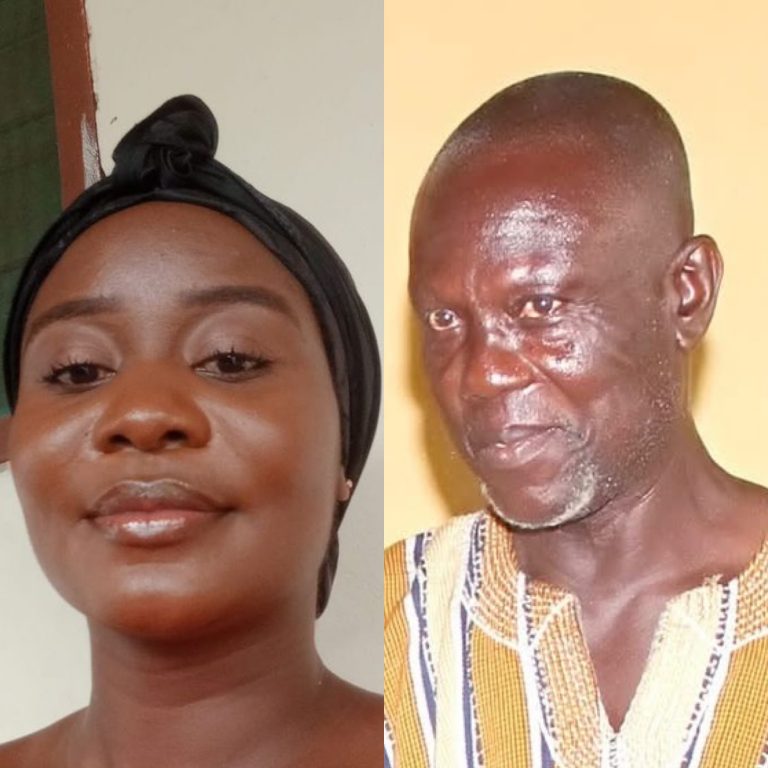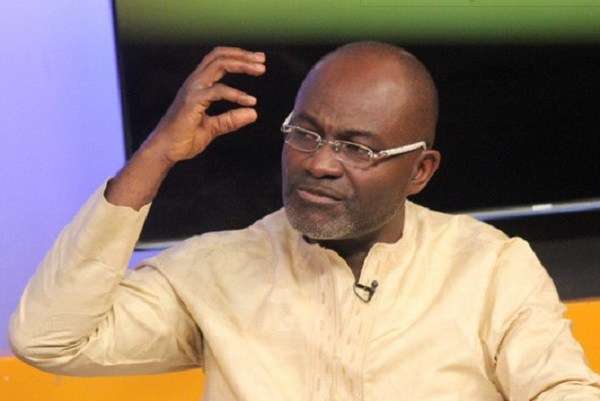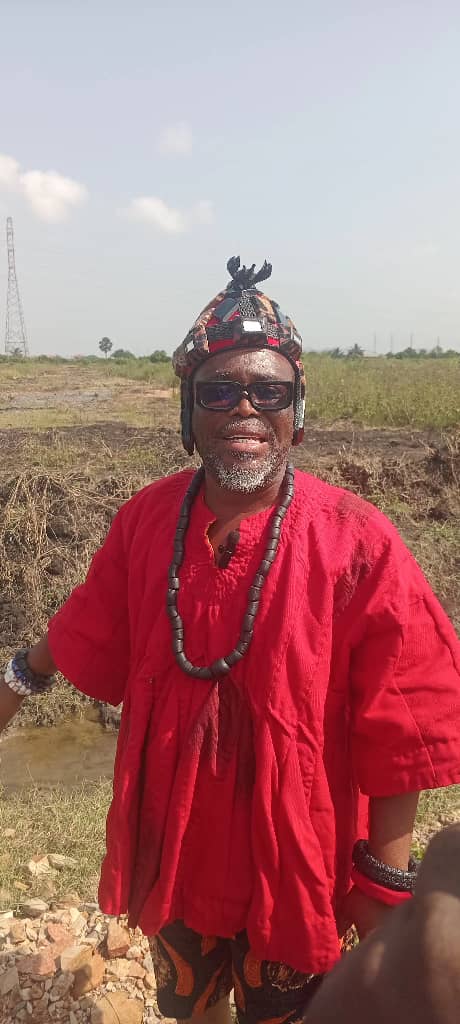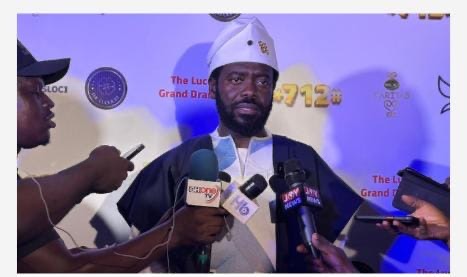An Inquiry into the Ethnic, Religious, and Geographic Dimensions of Political Campaigns in the NPP
This paper presents a dispassionate analysis of Dr. Mahamudu Bawumia’s campaign rhetoric and strategic appeals during the 2023 New Patriotic Party (NPP) Presidential Primaries. The objective is not to cast aspersions but to examine, within a political communication framework, the implications of his emphasis on “Zongo,” “Muslim,” and “Northern” votes.
Dr. Bawumia, in his quest for the party’s flagbearership, premised part of his campaign on the argument that his candidacy would mobilize electoral support from Zongo communities, Muslims, and the broader Northern electorate in the 2024 general elections. This narrative was widely embraced by delegates who subsequently mandated him to lead the party.
Following the 2024 general elections, however, several pertinent questions emerge regarding the fulfillment and impact of these campaign assurances:
- Did Dr. Bawumia succeed in securing the Zongo vote?
- Did he command the Northern vote as projected?
- Did he deliver the Muslim vote he promised to bring to the NPP?
These questions are not designed to indict or undermine the party but rather to promote introspection and intellectual honesty within the NPP’s political discourse. Unfortunately, within partisan settings, such inquiries are often misinterpreted as acts of disloyalty or internal sabotage. Yet, critical self-assessment remains essential for institutional learning and democratic maturity.
Historically, before Dr. Bawumia’s entry into the NPP’s presidential contests, none of the party’s previous aspirants including John Agyekum Kufuor, Nana Addo Dankwa Akufo-Addo, or their contemporaries, campaigned on the basis of ethnoregional or religious identities. Neither did Alhaji Aliu Mahama in 2007, nor earlier figures such as Dr. Safo Adu, J.H. Mensah, or others in the formative years of the party tradition.
Their campaigns emphasized ideology, competence, and continuity within the Danquah-Busia-Dombo political philosophy, without recourse to the exploitation of identity-based appeals. It was, therefore, a notable departure from precedent when Dr. Bawumia introduced explicit references to his “Dombo” lineage and sought to mobilize votes along Zongo, Muslim, and Northern identities.
The silence of party elites and commentators at the time, many of whom now decry the rise of ethnic and religious sentiments in NPP politics, underscores a troubling inconsistency in the party’s internal accountability culture.
If Dr. Bawumia’s assertion that “it is the Dombo’s turn” is to be taken at face value, then legitimate questions arise for members from other regions, Volta, Western, Ga, and Central, whose ancestral or intellectual contributions are not embedded within the Danquah-Busia-Dombo trinity. When, then, will it be their turn?
To confront the current malaise, the NPP must first acknowledge and critique the origins of ethnically and religiously tinged political narratives within its own ranks. The individual who introduced such identity-based frameworks bears as much responsibility as those who later amplified or exploited them.
As the proverb goes:
He who brought sugarcane into the house, and those who chewed it, invited the house flies, not the one who tried to drive them away.
The words of Peter Tosh remain instructive for this moment:
“Everyone is crying out for peace,
but none is crying out for justice.”
Let the search for justice, truth, and fairness guide the party’s internal reflection and national contribution.
God is watching us all.
Mungu aku bariki (God bless you).


